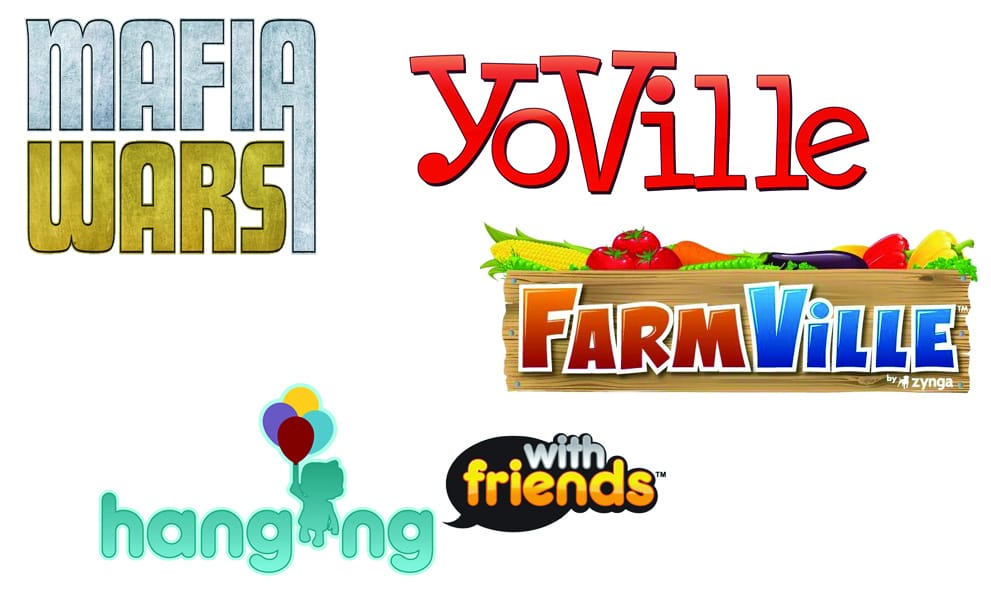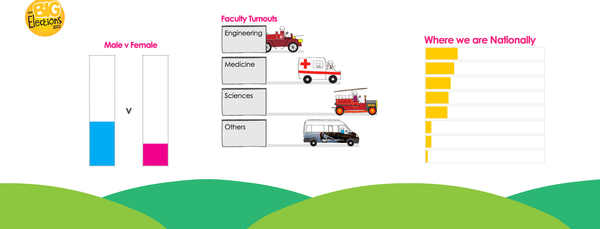What is Zynga up to now?
Joshua Maxey looks at the past and present of Zynga

When Mark Pincus founded Zynga (named ‘Presidio Studios’ at the time) in April 2007, only a small proportion of the relatively fledgling Facebook user base were aware of the transformative impact ‘social’ would have on their digital lives. Even less appreciated was its application to online gaming, a pastime thought to be the reserve of a generally derided stereotype. But last year Zynga accounted for 12% of Facebook’s total revenue, and a quick look at the monthly active user (MAU) rankings for Facebook apps places Zynga way out in the lead with 240 million, six times the figure for second place. So where did this company come from, and what are its plans for you?
A company founded five years ago next month naturally hasn’t had a lot of time to generate much of a ‘history’. Mark Pincus (age 46) on the other hand, has. After getting his MBA from Harvard, he started the technology company Freeloader with a $250k loan in 1995. Seven months later he’d sold the business for $38 million, announcing himself as a player in the evolution of the web 1.0. However, not everything Pincus touched turned to gold. Among his failures can be counted tribe.net, a social network he started at age 37 that never took off. But the big break came when, in 2007, along with friend and technology investment powerhouse Reid Hoffman, he invested in the social sapling Facebook.com. This put Pincus on a collision course with Mark Zuckerberg (Facebook co-founder) and at the heart of the social revolution that would, not uncontroversially, transform all of our digital lives irreversibly.
In his five years at the helm of Zynga, Pincus has played the role of the quiet revolutionary. Mark Zuckerberg has had his own Hollywood film made in his (arguably ‘dis’) honour while the late Steve Jobs (Apple co-founder and CEO) was never one to hold back praise of his own products. Through all this, Pincus focused on the quality of his products at the expense of his public profile. This approach paid dividends. When Zynga released its first product in July 2007, (a poker game for Facebook users) it ushered in a new age of free high quality games. Before Poker Blitz (since replaced by Texas HoldEm Poker), free online games were more often associated with poor Java applets on addictinggames.com, miniclip.com and the like. Zynga were the first to change all this. In comparison with Apple’s iOS app store, today’s most ready supplier of free digital games, Poker Blitz was launched almost a year earlier.
Zynga has never stopped growing. Attracting an investment of $29m early on in its life and recruiting big names from the gaming industry (notably Bing Gordon, former Chief Creative Officer of EA) propelled it to produce hits such as FarmVille, CityVille and Words with Friends, to name but three. Expanding across Google+, Myspace and Yahoo! and generating enormous valuations year on year culminated in the company going public in December 2011, following a $10bn valuation in April of the same year. However, this action forced Zynga’s hand, revealing a lot of information about the company that had been closely guarded up until that point. For instance, only 2.5 per cent of its users paid for virtual in-game goods. This was enlightening to other players in the industry who saw a chink in Zynga’s armour. Away from all the preposterous MAU figures, there was only a small proportion of the gaming community bringing Zynga its revenue. Overcoming Zynga’s near monopoly swiftly became a mission to win round a portion of the user base who valued game quality over loyalty. And with details of Facebook’s near-preferential treatment of Zynga coming to light at the same time, competitors were not short of motives to topple the social gaming giant either.
[Zynga is] now on a mission to become for gaming what Google is to search
Cue Zynga’s next big move. Having firmly established itself as the industry’s game changer (pardon the pun), it is now on a mission to become for gaming what Google is to search, and Facebook to social. In 2007 Pincus joked that Zynga “[are] a fly on Facebook’s ass”. It’s certainly true that while Zynga brought in a lot of revenue for the social network last year (around $445m), but to really innovate, at some point it must fly the nest. There is a plethora of companies who could, and do, offer what Zynga currently provide, and Facebook has no qualms about tapping that resource. At present for Zynga, there’s only one worthwhile social platform, but while they dominate that market, they can only grow in tandem with Zuckerberg and co’s gaming user base.
But has all that just changed? On 1 March, 2012, an overhaul of Zynga.com – first announced five months earlier – finally arrived, introducing the ‘Zynga platform’. The press release describes this as a “new platform designed to bring players what they’ve asked for: new ways to play and more people to play with”. This in no way severs Zynga’s strong and valuable Facebook ties. What it does offer is a route to Zynga’s vast community of online gamers, without the Facebook intermediary. It also boasts enhanced connectivity and user interaction within games, and with what could effectively become a quasi-newsfeed dedicated to your gaming-sphere, you can quickly see how broad and future-proof a move this is on Zynga’s part. It deftly sidesteps a five year tie-in deal with Facebook (signed in 2010), for which most of the details are withheld, while at the same time tapping into a 800 million strong user base it has invested little effort in cultivating.
So now we play the waiting game. Zynga’s continued success will rely on it building an attractive social environment tuned as much to its users as to its games, accessible through mobile and desktop. Much akin to Apple’s success in building a digital ecosystem where hardware and software are seamlessly integrated, Zynga must look to blur the line between social and gaming. By drawing in customers on these two fronts, it can create a product not only for the avid gamer, but for the masses. This must be its next step in expanding the portion of its user base driving revenue. Regardless of their success up until now, just as EA, Activision, and Blizzard missed the boat on social gaming 1.0, Zynga could well lose the race to dominate second time round. However, with their announcements this month, they don’t look to be going anywhere just yet.








